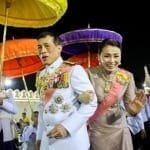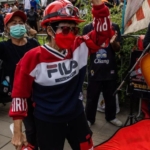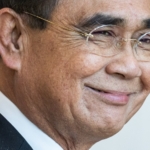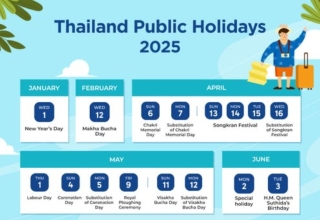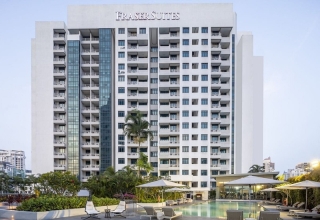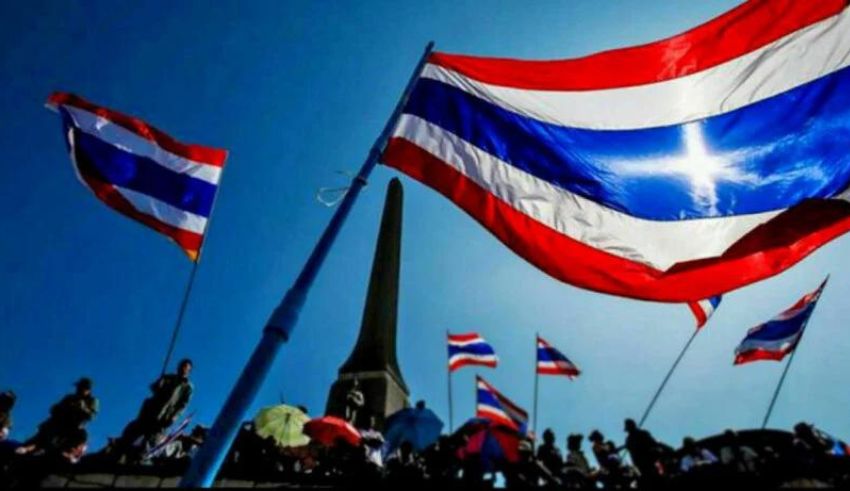
In recent years, Thailand’s political scene has been characterized by turbulence and unpredictability. This article analyzes Thai politics now and considers the difficulties and possible possibilities for the country’s political future. In order to develop stability, inclusiveness, and sustainable government, Thailand must address important concerns such as political polarization, democratic reforms, and social divides.
Thailand has been deeply split politically, with competing groups often divided along ideological lines. Protests and political upheaval have erupted as the pro-democracy movement and the establishment fought. Thailand must overcome this division, develop discourse, and promote a more open and participatory political system that allows for varied opinions and constructive involvement in order to move ahead.
Democratic Reforms and Constitutional Amendments
In recent years, efforts to overhaul Thailand’s political system and constitution have gained support. A significant demand of pro-democracy campaigners has been the necessity for constitutional reforms, notably those relating to the monarchy and election systems. The way forward entails participating in broad and inclusive talks about democratic changes, finding a balance between stability and development, and ensuring that all stakeholders’ views are heard.
Civil liberties and human rights must be protected in order for a healthy and inclusive political climate to emerge. Thailand must seek to ensure freedom of speech, assembly, and the media, while simultaneously addressing censorship and repression issues. Respect for and adherence to human rights norms will be critical in creating trust, reconciliation, and long-term political growth.
Keep Reading
In Thailand’s political scene, socioeconomic inequities and inequality are fundamental concerns that must be addressed. The government must emphasize policies that promote inclusive development, fair resource allocation, and opportunity for all people in order to sustain long-term stability. Addressing social and economic difficulties will aid in the construction of a more united society and lessen the likelihood of political turmoil.
Thailand’s political future will need a deliberate effort to mend fences and encourage peace. War scars must be addressed by open and inclusive procedures, truth and reconciliation efforts, and a dedication to justice. Building trust and understanding among various groups is critical to establishing a shared vision for Thailand’s political environment.
